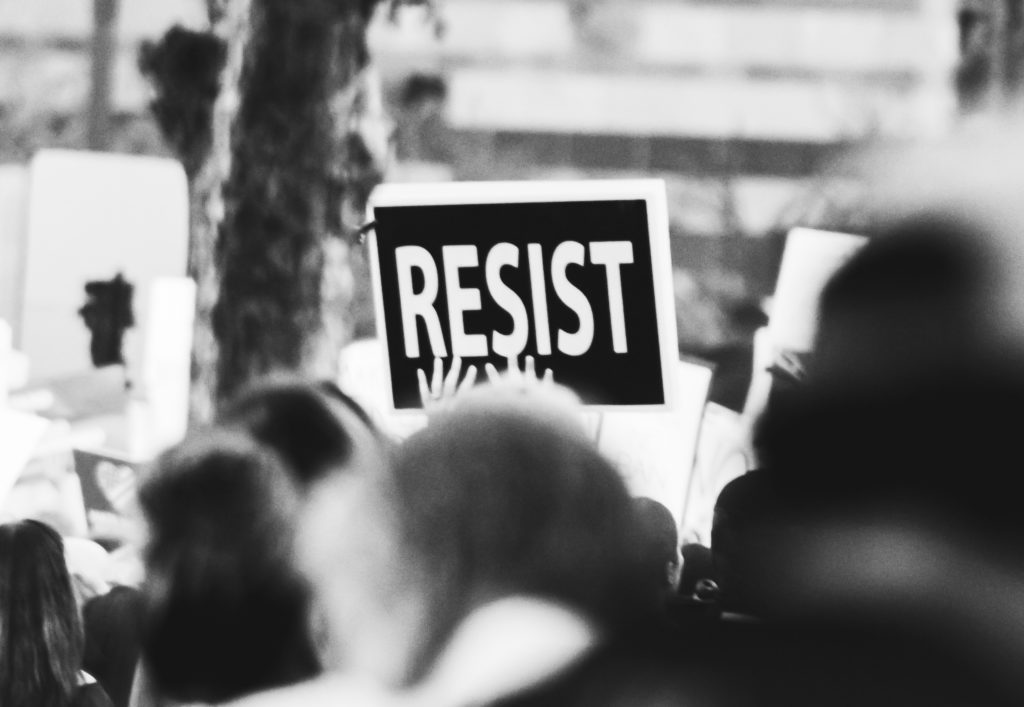
Durham Isn’t Burning, but Don’t Light a Match
Sitting on my deck a few miles from downtown Durham, N.C., I waited for the city to burn. I scanned the sky for telltale darkening. Listened for keening sirens. Watched my social media for uprisings in progress. And periodically sniffed the air for evidence of municipal char.
But the only smoke that wafted to me snaked from my friend’s Black & Mild, and Twitter brought no images of SWAT teams. Protesters in the city held forth for days on end. They blocked traffic downtown and chanted names, including that of George Floyd, the North Carolina–born Minneapolis man killed when a police officer knelt on his neck for a fatal eight minutes and 46 seconds.
In Durham, law enforcement was present and watchful, but from a distance. It was a different scene from the one playing out in Raleigh, the nearby capital, where on May 30 police responded to a large protest with a reprehensible flex of militarized power, firing tear gas and pepper spray into a largely peaceful crowd estimated at around 1,000 protesters. Over three days, about 30 of them were charged with trespassing, resisting arrest, property damage, or public disturbance.